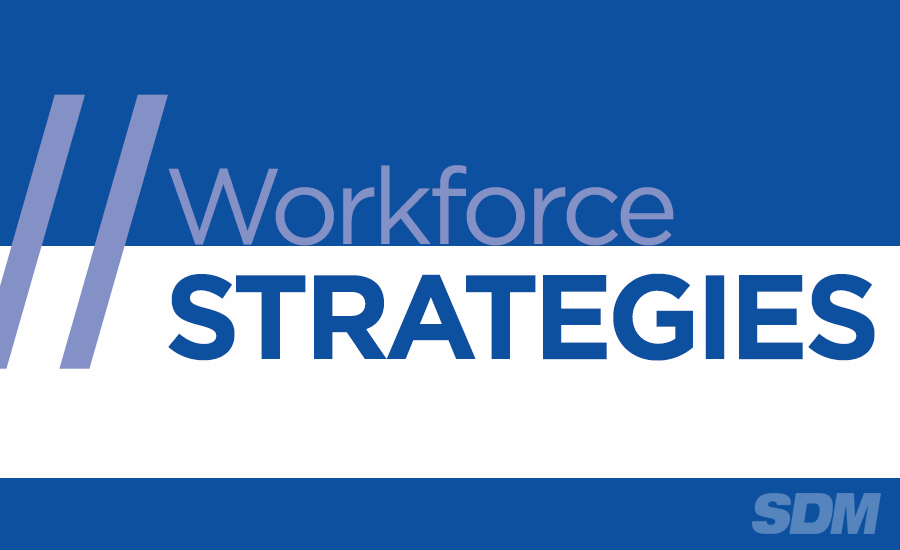
How to Ask the Right Interview Questions
Interview questions are tricky to ask the right way to solicit the best and most honest answers. Here are some recommendations from the Security Industry Association (SIA) Employer’s Complete Guide to Hiring.
Begin by understanding your business communication style. You can facilitate this by having your interview team members take profile assessments, such as DiSC.
Understanding your interviewing team’s communication and work styles will help determine the types of questions they are comfortable and uncomfortable asking. Some team members will shy away from asking “hardball” questions, while others will thrive on these questions. Remember, developing your team’s skills leads to much better hires. This will also have a positive effect on the candidates that you are interviewing. The ones that are not a good fit will be intimidated, while the candidates that are a great fit will be energized.
“Questioneering” is a creative term that refers to training people to ask well-crafted and structured questions to better understand the person you are interviewing. Once this skill is taught, learned and internalized, employees can apply it in their daily work, contributing to overall communication effectiveness.
Good questions should encompass several areas if they are to be useful in making a solid hiring decision. Here are some good interview question topics to consider:
- Their understanding of your company (Did they do their homework?).
- Their career goals, with specific timelines.
- Their understanding of the position elicited by role-based questions.
- Their exposition of their greatest talent or skill (Is it relevant to this position; is everybody on the same page?).
- Targeted scenario questions, such as “How do you prioritize your work?”
- Add a little “stress” to the interview by including some wild-card questions.
- Creating a sentence for the interviewee to complete (e.g., If a customer said, “I am no longer going to do business with your company,” what would be your first comment and/or question to that customer?).
In summary:
Build a library of interview questions categorized by roles and responsibilities (technical, sales, customer support, leadership, manufacturer quality control, IT, design or product manager).
Engage your team to build your question library (they do that departmental work every day). Ask them what top five questions are most important to ask a candidate for a specific role.
Gather the different department managers’ key interview questions and review them as a team to gain insights.
Categories of questions should include areas such as cultural fit with the team; job-specific questions to gauge applicable knowledge; work ethic and attitude; situational questions that reveal problem-solving approaches; and conflict resolution questions to gauge emotional maturity.
“Developing your team’s skills leads to much better hires. This will also have a positive effect on the candidates that you are interviewing. The ones that are not a good fit will be intimidated, while the candidates that are a great fit will be energized.”
Tap your greatest source of knowledge — existing employees, channel partners, trusted advisors, professional associates and valued suppliers. Ask them this simple question: “What is your favorite interview question, and why?”
Promote communication training to get your interview team on the same page as you develop the interview process. It does not happen overnight but pays huge dividends in a very short period.
Want to learn more? SIA’s Employer’s Complete Guide to Hiring covers the entire hiring process, from identifying the correct cultural fit to interviews, job offers and negotiations and even bonus material like a detailed onboarding checklist. This guide is available to SIA members for free.
